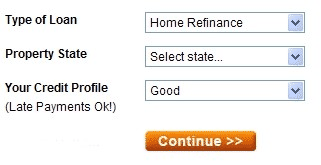Escrows – Glossary Term
Escrows are money placed in an account so the taxes and insurance can be paid. Escrows are paid at closing and in your mortgage payment each month.
For a real estate transaction, an escrow is when money is placed with a third party in an account until both parties execute the agreement. But we are going to talk about mortgage escrows.
Mortgage Escrow Definition
When you buy your house, part of the money you pay for closing costs is escrows. The lender requires the title company to collect the money upfront to pay the property taxes and homeowners insurance (also called hazard insurance).
If your mortgage payment includes taxes and insurance, (which most do) then a portion of your payment gets put into an account at the lender to pay next year’s taxes and insurance.
For example, your taxes are $900 a year and your insurance is $600 a year. $900 divided by 12 months is $75 for taxes and $600 divided by 12 months is $50.
Your total mortgage payment includes $125 above the principal and interest for escrows.
The lender collects an escrow buffer of 2 months at closing in case they have a shortfall. So in the example above, the cash to close when you bought would include an extra $150 for taxes and an extra $100 for insurance.
Speaking of a shortfall, keep a very close eye on your taxes and insurance. If they go up and the amount escrowed every month does not cover it, your lender will increase your mortgage payment.
Now there is nothing you can do about that. If your taxes go up, they go up, but the lender might be pretty slow at discovering this.
Your escrow account might be going in the hole for a while until the lender sees it. When they do discover it, your payment will increase to make up for the difference. Check your property tax escrow and statement each year so that does not happen to you.
If you know your taxes or insurance went up then start planning for the increase even if your lender hasn’t increased your payment yet.
Previous Post:« Discount Point – Glossary Term
Next Post:» Good Faith Estimate – Glossary Term
Tags: Closing Costs • Escrows • Insurance • Taxes


Leave a Reply